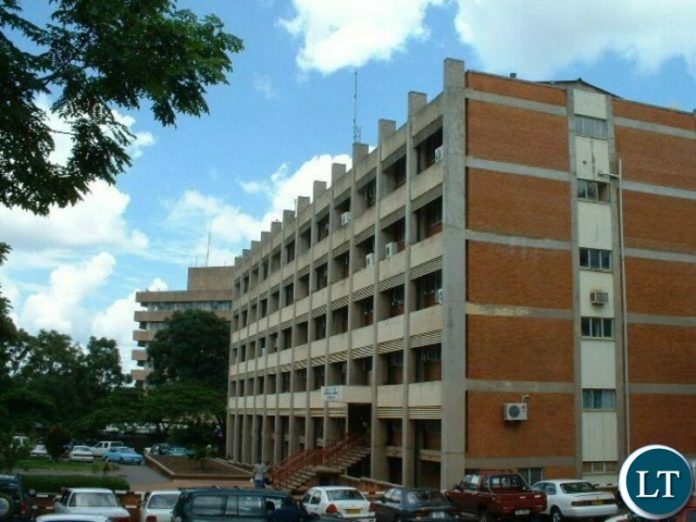The Ministry of Finance in Zambia has made a significant call for the inclusion of natural resources and ecosystems in development planning. This is due to the fact that a significant portion of the country’s wealth, approximately 40%, is made up of natural resources. The Permanent Secretary of the Ministry, Dennis Chisenda, emphasized the importance of biodiversity in promoting people’s livelihoods and called for it to be safeguarded.
To support this effort, the Natural Capital of the Wealth Accounting and Valuation Ecosystems Report on Land and Water was launched in Lusaka. The report provides policy makers with accurate data on the country’s natural resources which can be used in development planning across various sectors. This is an important step in ensuring that the country’s natural resources are being used in a sustainable and responsible manner.
The launch of the report was attended by various government officials, including the World Bank Acting Country Director, Ngao Mubanga. Mr. Mubanga endorsed the program, stating that it will help Zambia achieve sustainable development through the inclusion of natural resources values and enhanced resource management. This aligns with the World Bank’s commitment to supporting the sustainable development goals and promoting responsible resource management.
The Ministry of Lands Permanent Secretary, Daphne Chabu, also spoke at the event, stating that the report will help the government understand how the country’s land is being used and for what purpose. This is crucial information for ensuring that land is being used in a way that is both sustainable and beneficial to the people of Zambia.
The Ministry of Water Development and Sanitation Director in the Department of Water Resources, Flora Simumba, announced that the government will be conducting a periodic survey to collect data on Zambia’s water resources. This is another important step in ensuring that the country’s water resources are being managed responsibly and sustainably.
It is clear that the Ministry of Finance in Zambia recognizes the importance of natural resources in the country’s development and is taking steps to ensure that they are being used in a responsible and sustainable manner. The inclusion of natural resources and ecosystems in development planning is a crucial step in this process, as it allows policy makers to make informed decisions based on accurate data.
The launch of the Natural Capital of the Wealth Accounting and Valuation Ecosystems Report on Land and Water is an important step in this process, as it provides policy makers with the necessary data to make informed decisions about the use of natural resources. The endorsement of the program by the World Bank, as well as the commitment to collecting data on water resources, demonstrates a strong commitment to sustainable development and responsible resource management.
Overall, the actions taken by the Ministry of Finance in Zambia are an important step in ensuring that the country’s natural resources are being used in a way that is sustainable and benefits the people of Zambia. By including natural resources and ecosystems in development planning, policy makers can make informed decisions that will help the country achieve sustainable development and improve the lives of its citizens.


